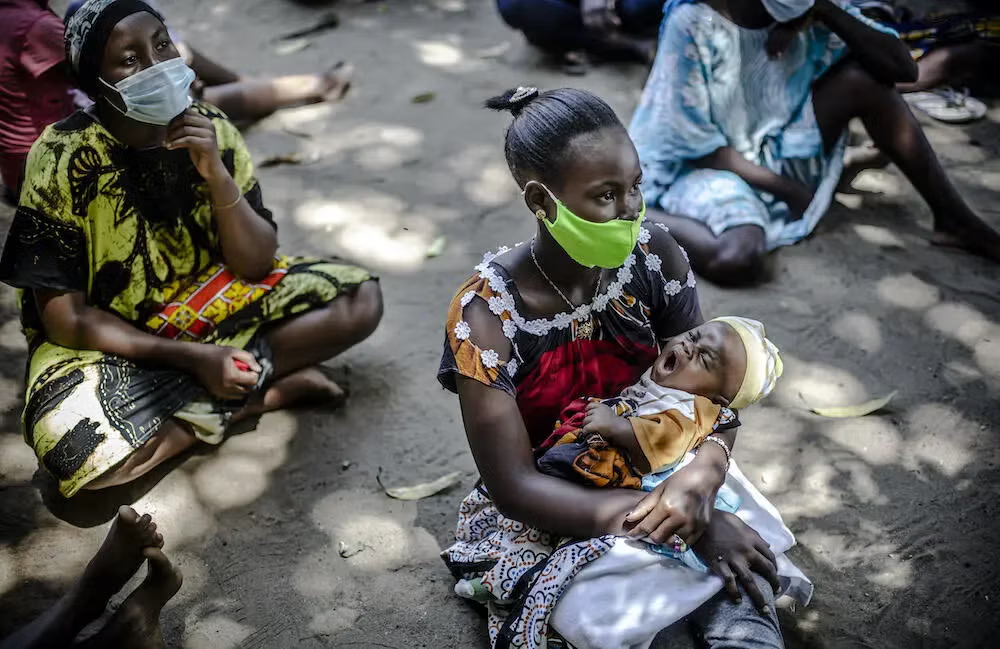By Whitney Atieno | 22 July 2025 (IDN)
Youth Advocate for Sexual and Reproductive Health and Rights
In Kenya, there is a harmful and outdated belief that contraceptive education is only for the married. This assumption ignores critical group adolescents who are sexually active and face serious reproductive health risks, yet are denied accurate information and services.
As a youth advocate actively working with young people in communities, I have seen how silence, shame, and stigma continue to harm girls and boys who deserve the right to protect their health and future. Contraceptive use among adolescents has been decreasing, largely because of misinformation, fear of side effects, and judgmental attitudes from adults. As a result, many young people are left unprepared and unsupported when they need guidance the most. According to the 2014 Kenya Demographic and Health Survey (KDHS), 18% of girls aged 15–19 had either given birth or were pregnant with their first child. Unfortunately, that number has not significantly improved over the years. In 2025, teenage pregnancies are still rising, especially in slums and underserved rural areas, and the ripple effects are heartbreaking: school dropouts, unsafe abortions, and lasting emotional trauma. We must let go of the false belief that talking about contraception encourages promiscuity. The truth is the opposite—education empowers young people to make informed, responsible choices. Silence only breeds ignorance and puts lives at risk.
The Power of Conversations
Encouraging honest discussions between parents and adolescents—especially girls—is essential. When parents are open and informed, they become allies instead of obstacles. These conversations can prevent unintended pregnancies, sexually transmitted infections, and school dropouts. They also help build young people’s confidence, self-respect, and ability to make safe choices.
Contraception Is Health—and a Right
Sustainable Development Goal 3 calls for good health and well-being for all. This includes comprehensive reproductive health education. It’s not just about preventing pregnancies—it’s about protecting a girl’s mental, emotional, physical, and social health. The World Health Organization (WHO) defines health as “a state of complete physical, mental and social well-being, not merely the absence of disease.” Reproductive health is part of this. Closer to home, Article 43(1a) of the Kenyan Constitution guarantees everyone the right to the highest attainable standard of health, including reproductive healthcare. Denying adolescents access to contraceptive education and services is a violation of that right.
What We Must Do
Normalize contraceptive education for adolescents—married or not
Train healthcare providers and pharmacists to serve youth respectfully, without judgment.
Promote parent-adolescent conversations at home and in schools.
Debunk myths and fear-based beliefs about contraceptives in our communities.
Support comprehensive sexuality education that includes age-appropriate, fact-based contraceptive information.
A Call to Action
Kamukunji Community Empowerment Initiative (KCEI) calls for contraceptive education as a basic right—not a privilege. It’s a lifesaving, empowering, and necessary tool for every young person. If we truly care about our girls’ futures, we must stop waiting for them to fall before we help them rise. Let’s give them knowledge before pregnancy becomes a barrier to their dreams. Let’s give them choice—not judgment.


